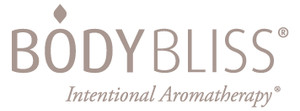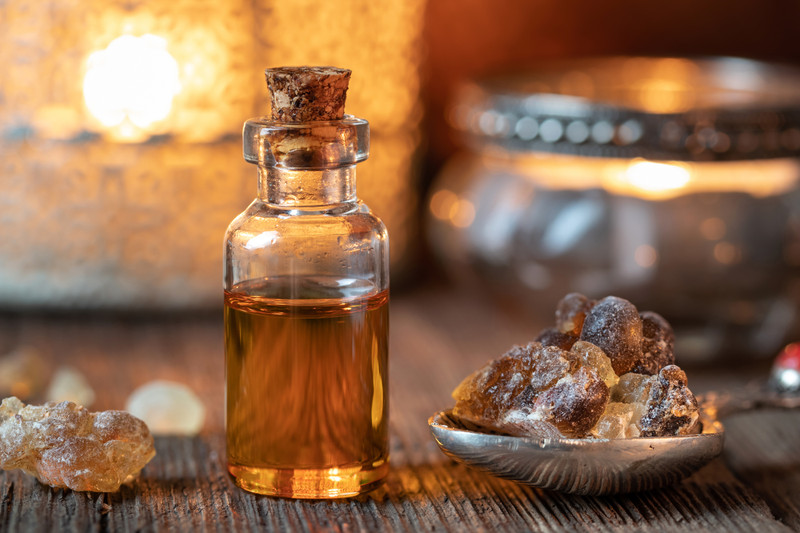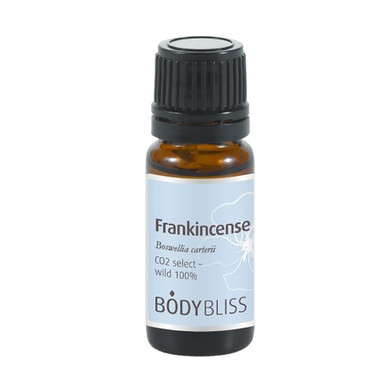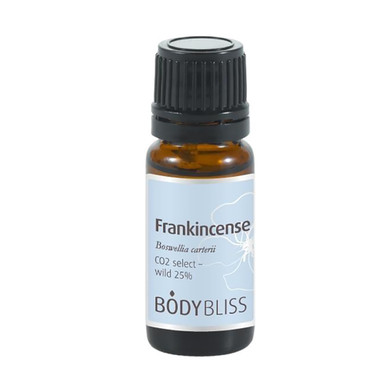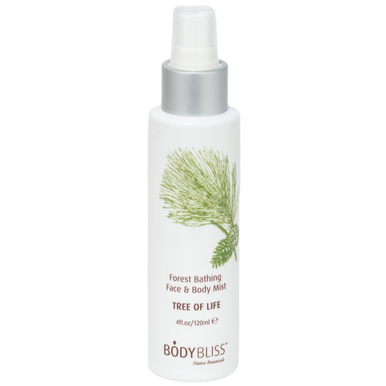Essential Oil of the Month: Frankincense
Have you noticed that Frankincense is “having a moment?” Its popularity has soared among practitioners and lay folks alike. Frankincense essential oil, known justly as the “King of Essential Oils” has earned this royal title with its myriad skin, health and spiritual enhancing benefits. Here are a few of those properties:
- Analgesic
- Antibacterial
- Anti-inflammatory
- Antiseptic
- Antidepressant
- Anticarcinogenic
- Astringent
- Stimulates the regeneration of cells
- Digestive aid
- Expectorant
- Immune balancer
Also known as Olibanum, Frankincense essential oil is derived from the milky
white sap that is secreted by the Frankincense tree. After peeling bark on the tree away from the trunk with a knife, the tree’s sap droplets dry and harden into tear-shaped resin droplets (referred to as “crystals” or “tears”) on the tree over the course of a few days. These “crystals,” of Frankincense are scraped off and sent to the distillery where they are crushed into a powder and placed in
an oil bath. After it undergoes steam distillation or CO2 extraction, the pure essential oil is produced.

The name of the tree comes from the term “franc encens,” which is French for “high-quality incense.” “Franc” is known to mean “pure” while “encens” comes from a word that means “to burn.” It was thus considered a “pure incense” and the most desirable of all the other types of incense. Frankincense is known for its spiritual qualities, and its incense is still used today in spiritual ceremonies by many religions, including Christian, Jewish and Hindu traditions, to name a few.
THE HISTORY OF FRANKINCENSE OIL
As far back as 1500 B.C. in Egypt, Frankincense is mentioned in an ancient scroll from the temple of Egyptian Queen Hatshepsut, who died in 1458 BC. A mural depicting the ‘Expedition to Punt’ shows not only Frankincense being traded, but also the trees themselves being brought back to Egypt. The Egyptians used frankincense in many ways: as a key ingredient in embalming; for incense, insect repellent, perfume, and salves for wounds. It was also used as an ingredient in their infamous eyeliner - kohl, which may have helped protect their eyes from glaring sun and desert dust, and the sacred temple incense, kyphi.
Most of us are familiar with the Biblical story of the gifts given to Jesus at his birth. In the Gospel of Matthew (2:1–12), it speaks of 3 Magi, or wise men, who followed a star from the East to Bethlehem in search of a newborn king. There they found Mary and the baby Jesus to whom they offered gifts of gold, frankincense, and myrrh. This gesture signifies the great spiritual and monetary value of Frankincense, since it is inferred that it is as valuable as gold, a gift suitable for such a momentous occasion.
Ancient Romans and Greeks revered frankincense for its spiritual qualities and offered it to their gods. One story of Alexander the Great tells of a time when he was making an offering, throwing handfuls of frankincense into the fire, and watching the smoke rise. His master, Leonidas, chided him for wasting such quantity of precious frankincense saying that he should be more sparing with his offerings until he is master of those countries in the regions that produce it. After conquering Gaza, he wrote to Leonidas “' We have sent you abundance of myrrh and frankincense, that for the future you may not be stingy to the Gods.' " (Life of Alǽxandros 25.4-8, trans. John Dryden in 1683.)

Its analgesic and anti-inflammatory properties have been shown to decrease muscle and joint pain, as well as soothe inflamed skin. Frankincense oil has famously been used in cosmetics and skincare. Its astringent and cytophylactic qualities help to reduce the appearance of wrinkles and discoloration, soothe inflamed skin, increase blood circulation, and stimulate growth of new skin cells, thereby promoting the healing of minor cuts and scars. Studies suggest that its pentacyclic triterpene (steroid-like) structure contributes to its soothing effect on irritated skin.
Spiritually, it is believed that the scent of Frankincense strengthens intuition and spiritual connection, while clearing unwanted, negative energies.
“Frankincense contains the power to focus our spiritual consciousness and imbue a potential for transcendent awareness.” [Aromatherapy for Healing the Spirit, p. 75, Gabriel Mojay]

FRANKINCENSE SPRAY:
Used in a spray, Frankincense can attack airborne bacteria, soothe jangled nerves, clear your energetic space, and assist in meditation. When used before bedtime, it can bring relaxation and deepen sleep.
Frankincense - 4 drops
Ylang ylang (or Neroli)- 2 drops
Bergamot - 6 drops
Mix into 2oz distilled water. Roll between hands to warm and blend before using. Spray above head, closing your eyes and feeling the gentle spray soothe and nurture your spirit.
Try our products that feature Frankincense
PRECAUTIONS: Though Frankincense is thought to be relatively safe when used appropriately, as with any essential oil, before using, consult your physician if you are pregnant, nursing, taking medication or have a medical condition.
